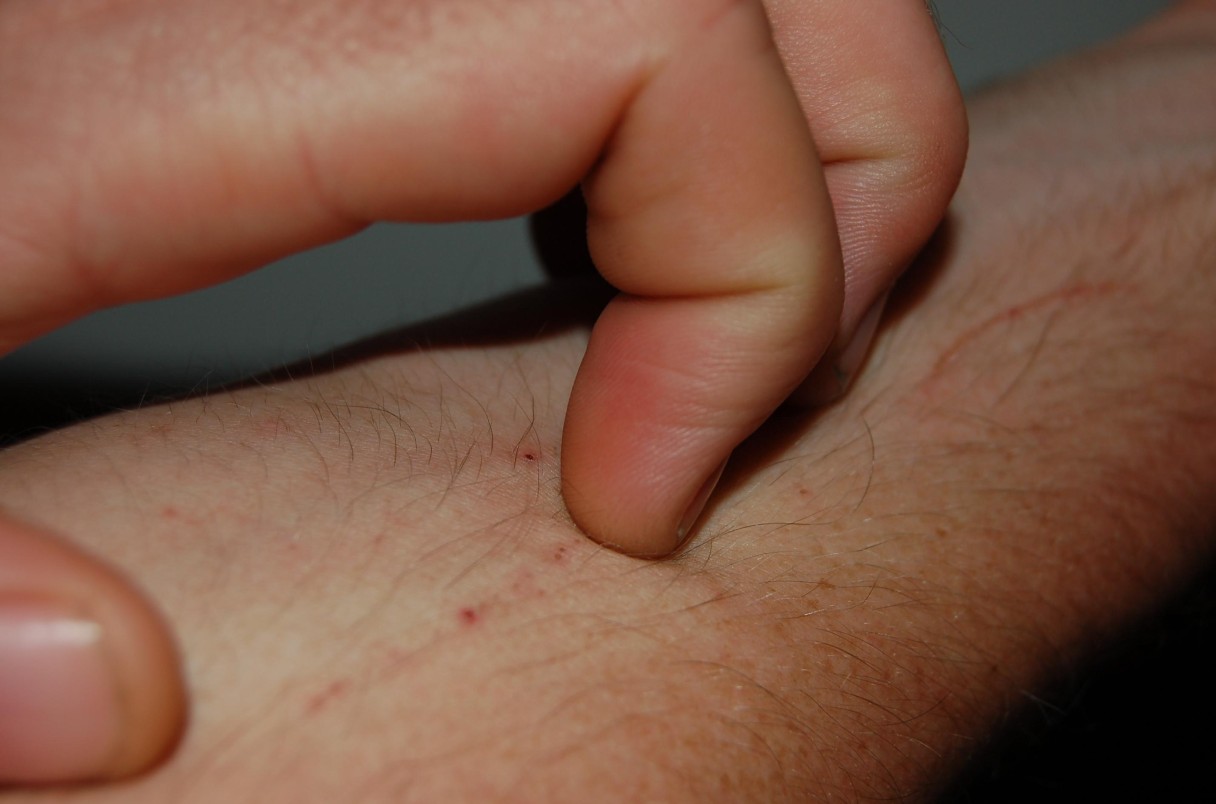What are the symptoms of plaque psoriasis?
Plaque psoriasis is a chronic autoimmune condition that primarily affects the skin. The symptoms can vary in severity and may include:
- Raised, red patches: These patches are often covered with thick, silvery-white scales. They typically appear on the elbows, knees, scalp, lower back, and other areas.
- Itching or soreness: The affected areas may be itchy, and some individuals may experience discomfort or pain.
- Dry, cracked skin: Skin in the affected areas can become dry and may crack, sometimes leading to bleeding.
- Thickened, pitted, or ridged nails: Psoriasis can affect the nails, causing them to become discolored, pitted, or separated from the nail bed.
- Swollen and stiff joints: In some cases, individuals may experience psoriatic arthritis, which causes joint pain, swelling, and stiffness.
- Flare-ups: Symptoms may worsen during flare-ups, which can be triggered by stress, infections, skin injuries, or certain medications.
- Scaling: The scales can flake off, leading to the shedding of dead skin cells, which may accumulate on clothing or bedding.
The symptoms can vary significantly between individuals, and not everyone with plaque psoriasis will experience all of these symptoms.
What are the causes of plaque psoriasis?
The exact cause of plaque psoriasis is not fully understood, but it is believed to involve a combination of genetic, immune, and environmental factors. Here are some of the key contributors:
- Genetics: A family history of psoriasis increases the likelihood of developing the condition. Specific genetic markers and variations have been linked to psoriasis susceptibility.
- Immune system dysfunction: Psoriasis is considered an autoimmune condition. In individuals with plaque psoriasis, the immune system mistakenly attacks healthy skin cells, leading to rapid skin cell turnover and the formation of plaques.
- Environmental triggers: Certain environmental factors can trigger or exacerbate psoriasis, including:
- Infections: Conditions such as streptococcal throat infections can trigger flare-ups, especially in children.
- Skin injuries: Cuts, scrapes, or sunburns can lead to a phenomenon known as the Koebner effect, where new plaques form at the site of injury.
- Stress: Emotional or physical stress can worsen symptoms or trigger flare-ups.
- Weather: Cold, dry weather can exacerbate symptoms, while warm, humid conditions may improve them.
- Lifestyle factors: Certain lifestyle habits can influence the severity of psoriasis, including:
- Smoking: Tobacco use has been linked to an increased risk of developing psoriasis and can worsen existing symptoms.
- Alcohol consumption: Excessive alcohol intake may trigger flare-ups and affect treatment effectiveness.
- Hormonal changes: Fluctuations in hormones, such as during puberty or menopause, can impact the severity and frequency of psoriasis flare-ups.
Understanding these causes can help in managing and preventing flare-ups for individuals living with plaque psoriasis.
What is the treatment for plaque psoriasis?
Treatment for plaque psoriasis aims to reduce symptoms, control flare-ups, and improve the quality of life. The approach may vary based on the severity of the condition, the areas affected, and individual patient needs. Common treatment options include:
- Topical treatments: These are often the first line of treatment for mild to moderate psoriasis. They may include:
- Corticosteroids: Anti-inflammatory creams or ointments to reduce redness and itching.
- Vitamin D analogs: Such as calcipotriene, which helps slow skin cell growth.
- Retinoids: Vitamin A derivatives that can help reduce scaling.
- Coal tar: A topical agent that can help reduce scaling and inflammation.
- Moisturizers: Hydrating creams or ointments to alleviate dryness and scaling.
- Phototherapy: This treatment involves exposing the skin to ultraviolet (UV) light under medical supervision. Options include:
- UVB therapy: Narrowband UVB is commonly used to treat psoriasis.
- PUVA therapy: A combination of psoralen (a medication) and UVA light.
- Excimer laser: Targeted UVB treatment for localized plaques.
- Systemic treatments: For moderate to severe psoriasis, systemic medications may be prescribed. These can be taken orally or through injections and include:
- Methotrexate: A traditional immunosuppressant that reduces inflammation.
- Cyclosporine: Another immunosuppressant that can be effective but is typically used for short-term treatment.
- Biologic therapies: Targeted medications that focus on specific parts of the immune system. Examples include adalimumab, etanercept, and ustekinumab. These are often used for moderate to severe psoriasis and psoriatic arthritis.
- Lifestyle and home remedies: Complementary approaches can also help manage symptoms:
- Stress management: Techniques such as yoga, meditation, or counseling.
- Dietary changes: A balanced diet rich in anti-inflammatory foods may benefit some individuals.
- Avoiding triggers: Identifying and avoiding personal triggers, such as stress, smoking, or certain medications.
Regular follow-ups with a healthcare provider are essential to monitor the condition, assess treatment effectiveness, and make adjustments as necessary.

Leave a Reply
You must be logged in to post a comment.